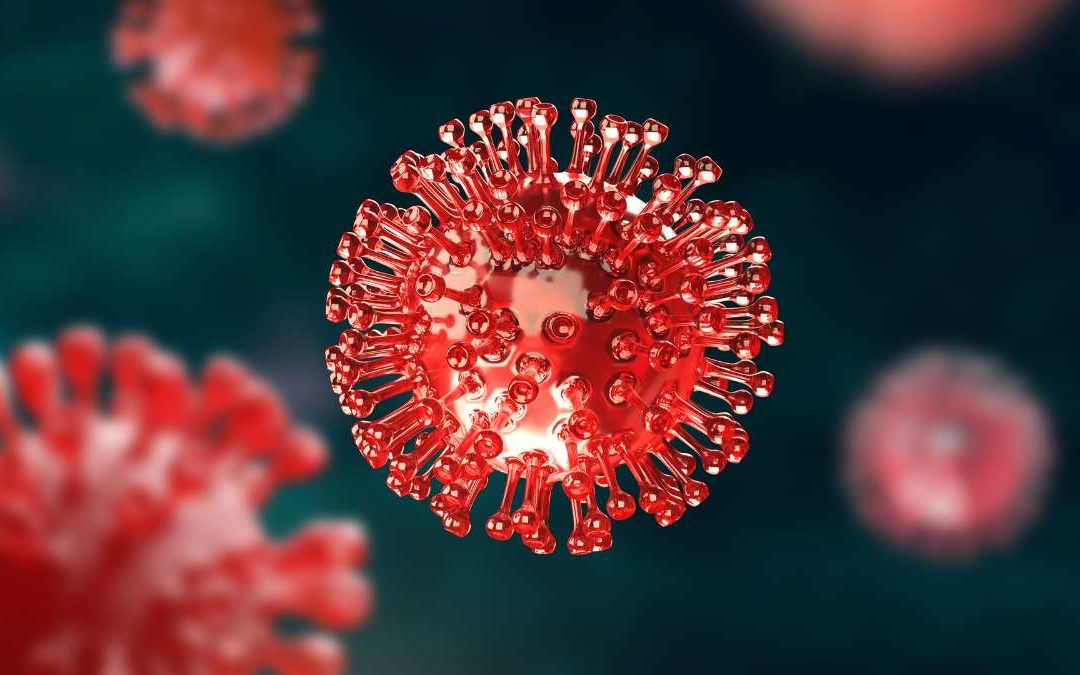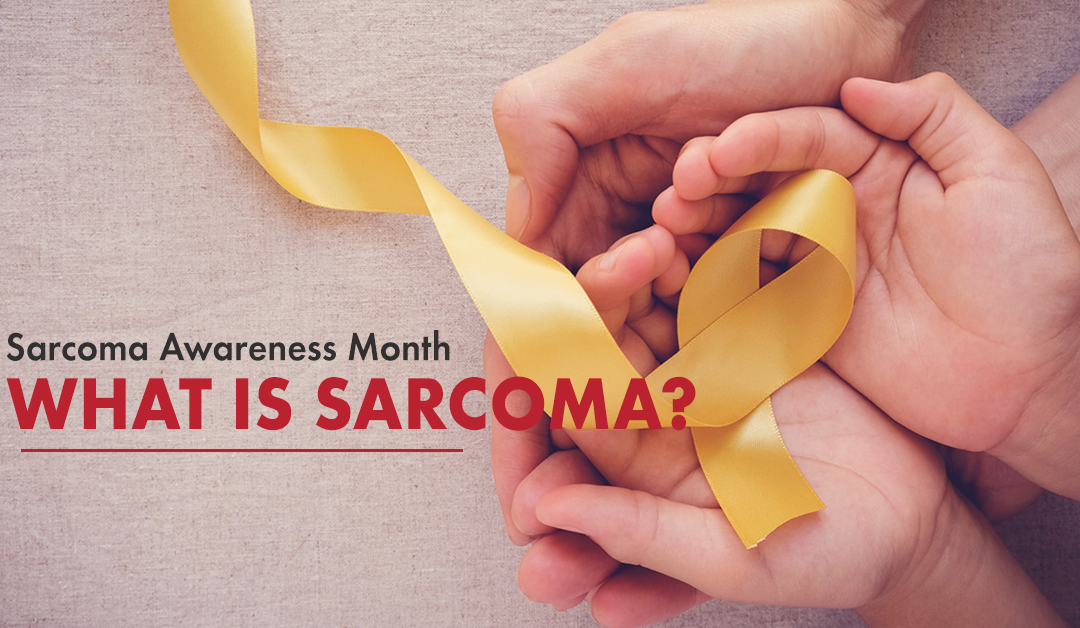Postpartum depression (PPD) is a type of mood disorder that affects some women after childbirth. It’s important to understand its causes, symptoms, and risks to ensure timely identification and appropriate treatment.

Causes:
- Hormonal Changes: Fluctuations in hormone levels, particularly estrogen and progesterone, after childbirth can contribute to PPD.
- Psychological Factors: Stressful life events, lack of support, previous history of depression or anxiety, and difficulties in the mother-infant relationship can all play a role.
- Biological Factors: Genetic predisposition and alterations in brain chemistry may also contribute.
Symptoms:
- Persistent Sadness: Feeling down, hopeless, or overwhelmed for an extended period.
- Loss of Interest: Diminished interest or pleasure in activities the person once enjoyed.
- Fatigue: Constant tiredness or lack of energy, even with sufficient rest.
- Changes in Appetite: Significant changes in eating habits, either increased or decreased appetite.
- Sleep Problems: Difficulty sleeping or sleeping excessively.
- Feelings of Worthlessness or Guilt: Excessive guilt or feelings of worthlessness.
- Difficulty Bonding with Baby: Feeling disconnected from or unable to bond with the newborn.
- Anxiety: Intense worry or anxiety, sometimes manifesting as panic attacks.
- Thoughts of Harming Self or Baby: In severe cases, thoughts of self-harm or harm to the baby may occur.
Risks:
- Personal or Family History: A history of depression or other mood disorders, either personally or in the family, increases the risk.
- Stressful Life Events: Major life events, such as financial difficulties, relationship problems, or a difficult childbirth experience, can increase susceptibility.
- Lack of Social Support: Isolation or lack of support from family, friends, or a partner can exacerbate feelings of depression.
- Complications in Pregnancy or Childbirth: Complications during pregnancy, childbirth, or the postpartum period can increase the risk of PPD.
- Hormonal Factors: Fluctuations in hormone levels during and after pregnancy can contribute to mood disturbances.
Treatment:
- Therapy: Cognitive-behavioral therapy (CBT), interpersonal therapy (IPT), or other forms of counseling can help address underlying issues and develop coping strategies.
- Medication: Antidepressant medications, particularly selective serotonin reuptake inhibitors (SSRIs), may be prescribed in severe cases.
- Support Groups: Participating in support groups with other mothers experiencing similar challenges can provide validation, reassurance, and coping strategies.
- Lifestyle Changes: Regular exercise, a healthy diet, adequate sleep, and stress-reduction techniques like mindfulness or yoga can help alleviate symptoms.
- Social Support: Having a strong support network of family, friends, and healthcare professionals is crucial for recovery.
Early identification and intervention are essential for managing PPD effectively and promoting the well-being of both the mother and the baby. If you or someone you know is experiencing symptoms of PPD, it’s important to seek help from a healthcare professional.



